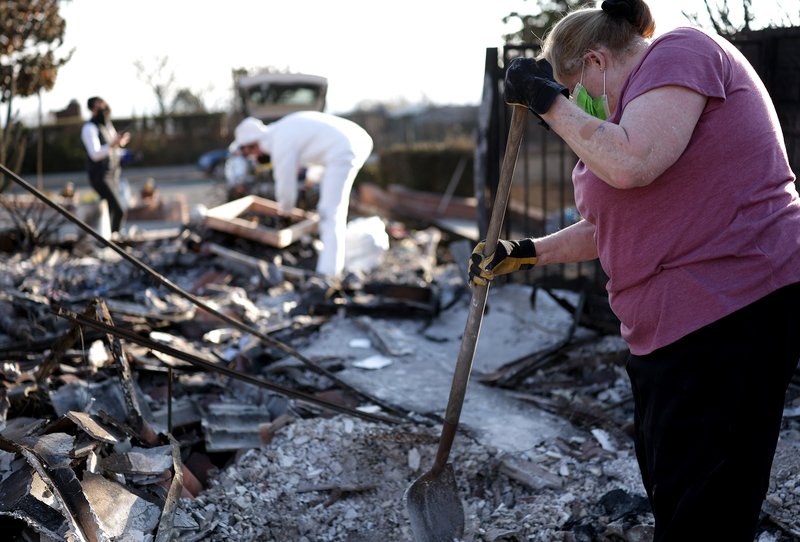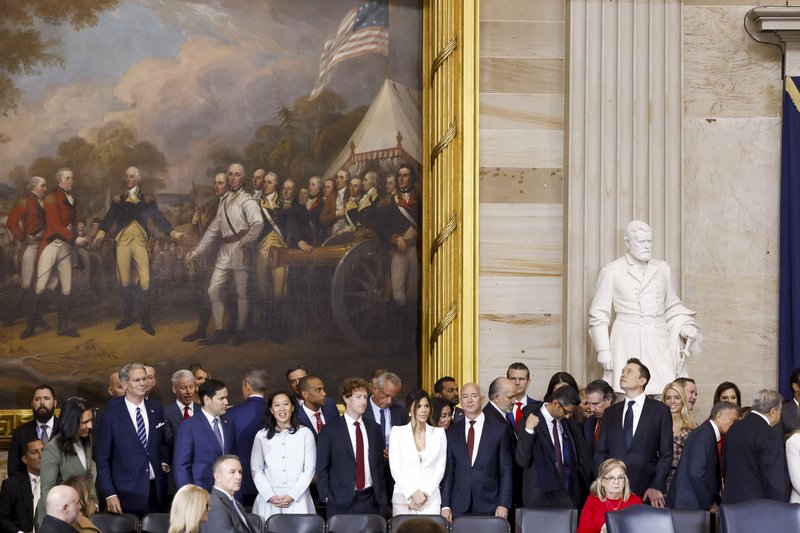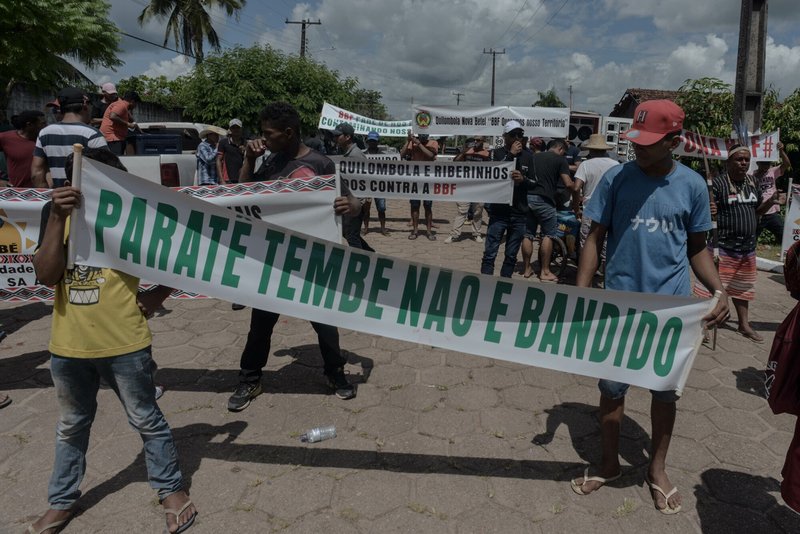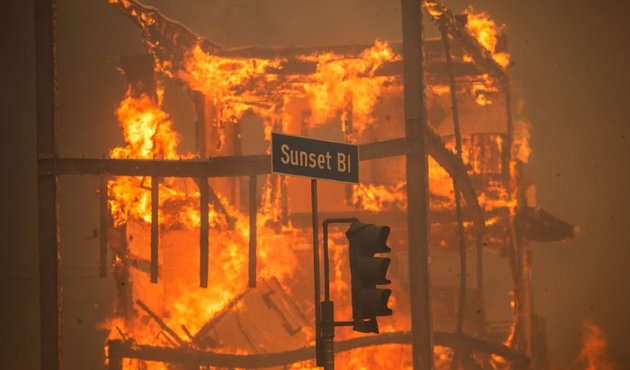We share our predictions for climate disinformation in 2025, with a new US president, extreme weather and COP30 all heaping pressure on social media platforms
What is climate disinformation and why does it matter?
Climate disinformation is misleading climate information which is shared with an agenda in mind – to deceive people, promote a political view, make money or stir up tension.
Climate denial is one type you might think of – saying that the climate isn’t changing or that humans aren’t responsible.
But climate disinformation can take many forms, from hurling abuse at climate scientists to drive them off a platform, to lies about a company’s real environmental impact.
In its worst forms, climate disinformation can stifle debate, deprive people of the opportunity to stand up for climate action, and even put lives in danger.
This year will be crucial for tackling climate disinformation, as the annual global climate conference, COP30, will be hosted by Brazil, a country that is both at the front line of climate change and recently launched an initiative at the G20 level to tackle climate disinformation online.
Here’s what we might see in 2025, unless governments and international institutions take meaningful action to prevent it.
What climate disinformation do we predict we will see in 2025?

As the citizens of Los Angeles return to their homes the true scale of the devastating fires becomes clear. Mario Tama / Getty
1. Extreme weather will provoke new waves of climate disinformation
Throughout 2024, we saw climate disinformation spike around extreme weather events.
Hurricane Helene provoked conspiracy theories about government weather manipulation and fake AI-generated content of the disaster to go viral. Accusations also spiralled online of dams being removed and geoengineeringtaking place to intentionally worsen floods in Spain.
Already we are seeing this trend continue with the Los Angeles wildfires in January.
As multiple fires stretched the resources of emergency response teams, both the Los Angeles Fire Department and the Federal Emergency Management Agency (FEMA) worked to counter false information and rumours circulating on social media that would impede their work at such a critical time.
A statement by President Trump, then reposted by Elon Musk, that California Governor Gavin Newsom was responsible for the alleged shortage of water for battling the wildfires was labelled as false by fact checkers.
In response to Trump’s intervention, Newsom responded, "that mis[information] and disinformation, I don’t think, advantages or aids any of us.”
This is likely to worsen in 2025, with a new US administration that is hostile to climate action, and the move by Meta to end its fact-checking programme in the US, which would have provided more reliable information to users about false climate claims they were seeing on their feeds.

Big Tech CEOs attending US president Donald Trump's inauguration in Washington DC. Getty
2. Climate denial will make people even more money
In 2024, our investigation found that a far-right media site, The Epoch Times, which regularly publishes climate-sceptic content, generated close to $1.5 million in combined revenue for Google and the website owners over a 12-month period. This is despite Google’s policies not allowing advertisements on climate denial content.
The Epoch Times also published adverts promoting climate disinformation on Meta to drive traffic to their site.
With a climate-sceptic US administration incoming, and Meta rolling back protections such as fact-checking (which meant they took action against climate denial adverts), profiting from climate denial is likely to boom.
Producing sensationalist climate denial content is quick and easy, especially with the advent of generative AI, and can be turned into profit by taking advantage of online AdTech systems.

Indigenous and Quilombola communities protesting in Tomé-Açu, Pará State, Brazil. Global Witness
3. Disinformation will target those defending the climate
In 2024, ahead of COP29, we found a network of 71 suspicious accounts on X promoting the official messaging of Azerbaijan’s government, distracting from criticism of its human rights and greenwashing records.
This year, social media platforms must be alert for inauthentic activity around COP30 – it could come from a variety of different actors looking to use COP for their own ends.
Agribusinesses operating in Brazil might use these kinds of networks to spread disinformation about the environmental damage they are causing.
Indigenous communities defending their land in Brazil (and seeking to make governments listen) during the annual climate conference COP30 risk being targeted by coordinated harassment and disinformation campaigns.
And as platforms become laxer in how well they tackle online abuse and disinformation, these risks are likely to increase.
What can be done?
These predictions don’t have to come true. This year is a pivotal year both for climate and for tech policy, with international pressures threatening to derail European commitments to both.
The EU has requirements in place for platforms to mitigate risks to their services that could put public safety at risk, disrupt electoral processes, or enable gender-based violence or hate to spiral.
The EU should continue robust enforcement of the Digital Services Act, and ensure that where platforms are failing to tackle the most dangerous climate disinformation, they are held to account.
At Global Witness, we will continue to investigate climate disinformation to ensure that existing regulation is upheld and shine a light on regulatory blind spots. The preservation of our information ecosystem is fundamental to drive informed and effective climate action.



